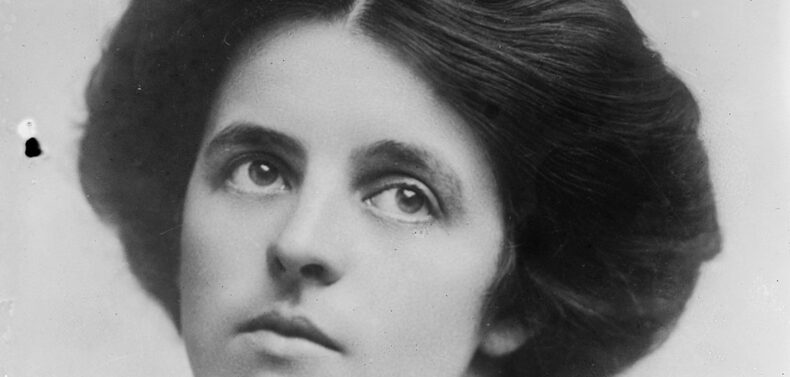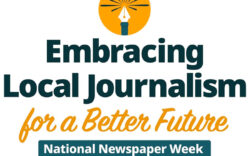March is Women’s History Month, and on Mar. 8—International Women’s Day—rallies for women’s rights happened worldwide. Here in Athens, women’s rights supporters gathered at City Hall in a local manifestation of a global movement that began in 1911, when the first International Women’s Day drew hundreds of thousands of participants during times of workplace uprisings and women’s suffrage campaigns in Europe and the United States.
The struggle for women’s rights is a long battle that continues today. In America today an unholy alliance of preachers and politicians carries the banners of theocracy and authoritarianism, “marching as to war” against their fellow Americans, including Americans who support women’s rights. History is being made today by those who dissent from this country’s present policies and instead hope to forge a livable world for the future.
Remembering the past can inspire the citizens of the present. Libraries could be filled with books by or about women. Here are just a few books that are readable and relevant during Women’s History Month or any time.
American Women’s History, edited by Doris Weatherford, is an entertaining compilation that bills itself as “An A to Z of People, Organizations, Issues and Events.” This book salutes women in America over a period of over 400 years, from the landing of the Mayflower to the present day. It is a concise, informative and indispensable reference book.
Women’s longtime right to abortion in America was a target for religious fundamentalists and reactionary politicians who finally got their wish when the 1973 Roe v. Wade Supreme Court decision that legalized abortion was axed during Donald Trump’s first term. In the 1990s—long before Roe v. Wade was overturned—a trio of women’s books about abortion put the issue before the reading public. Abortion—My Choice, God’s Grace: Christian Women Tell Their Stories, edited by Anne Eggebroten, is a powerful pro-choice answer to right-wing religious fundamentalists. It is dedicated “For women who have died for the right to choose.” The Choices We Made, edited by Angela Bonavoglia, is a collection of interviews with people both famous and unknown who were touched by the abortion issue. The Worst of Times by Patricia G. Miller takes readers back to a time not so long ago when women were maimed or killed by botched illegal abortions.
The Autobiography of Mother Jones by Mary Harris Jones tells the thrilling story of a feisty activist who led the labor movement in the early 20th century. Mother Jones was a colorful figure whose long and eventful life is chronicled in her autobiography. “I’m not a humanitarian. I’m a hell-raiser,” said Mother Jones.
Prisons That Could Not Hold by Barbara Deming was published by the University of Georgia Press here in Athens. Deming, who died in 1984, was for decades an activist in the civil rights, antiwar and feminist movements. This book documents her experiences in jails and at political rallies.
The early 1960s were a time of prescient and influential books by female authors. In 1962 Rachel Carson published Silent Spring, an indictment of corporate pollution of America’s air, land and water that has become a classic volume of environmentalism. In 1963 Jessica Mitford exposed abuses by the U.S. funeral industry in her book The American Way of Death. In 1964 Barbara Tuchman’s The Guns of August brought World War I back to life 50 years after the conflict began in 1914. Her epic narrative about the war won a Pulitzer Prize and is regarded as one of the best books ever written about World War I.
Writer Dorothy Parker was one of the great wits of the 20th century whose mordant words put the roar of laughter into a time called the Roaring Twenties. She presided over the Algonquin Round Table group of New York literati a century ago, and her wry witticisms resonate today. The Portable Dorothy Parker is her collection of poetry and prose.
Madeleine Albright was the first woman to serve as U.S. secretary of state. She died in 2022, but her 2018 book Fascism: A Warning is a cautionary tale for today that she dedicated “To the victims of Fascism then and now and to all who fight Fascism in others and in themselves.”
Like what you just read? Support Flagpole by making a donation today. Every dollar you give helps fund our ongoing mission to provide Athens with quality, independent journalism.










